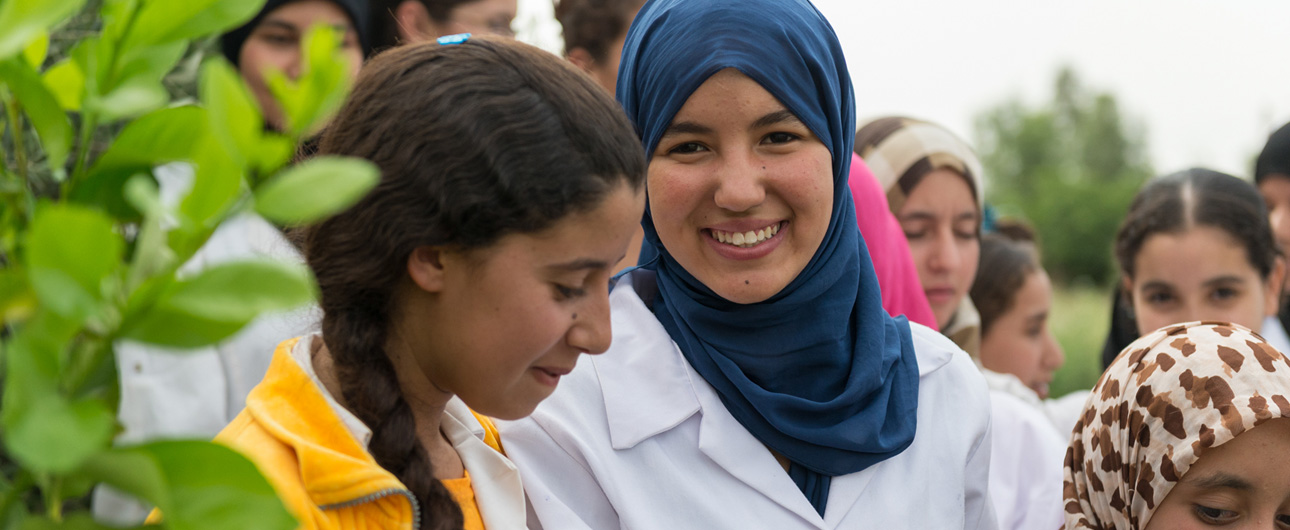The Centre’s overall mission is to undertake research, education and community outreach on the links between cultural and biological diversity.
The Centre draws on staff and students from across the School of Anthropology and Conservation, who conduct international research, coordinate postgraduate degrees, provide international training for capacity building, engage in community outreach, offer consultation services and edit a Berghahn Books publication series. We also have a small general reference biocultural collection, host the Kent Ethnobotanical Herbarium, and an Ethnobotanical Garden created by staff and students.
For more information, contact: Dr Rajindra Puri, Director.
History of Biocultural Diversity Studies at Kent
Since 2007, the Centre for Biocultural Diversity houses the Ethnobiology and Environmental Anthropology research group, as well as researchers from Conservation Social Science, in the School of Anthropology and Conservation at Kent.
Some notable milestones:
- Environmental Anthropology and Ethnobotany Research and Postgraduate training established in the 1990s
- CBCD members have, or have had, leadership roles in the major professional bodies that represent the discipline, such as the Royal Anthropological Institute, the International Society for Ethnobiology and the Society for Economic Botany.
- The CBCD is a regular partner in research and teaching with RBG Kew, the Eden Project, UCL School of Pharmacy, SOAS Endangered Languages Programme, the Global Diversity Foundation, People and Plants International, and The Christensen Fund.
- CBCD was an affiliate partner in MEDPLANT: Phylogenetic exploration of medicinal plant diversity, an EU ITN, 2013-17.
- CBCD staff are highly active in research and have obtained prestigious research grants from the ESRC, British Academy, Leverhulme Trust, The Nuffield Foundation, The Darrel Posey Fellowship, Darwin Initiative, The Christensen Fund, The RAI Fund for Urgent Anthropology, the Joint Nature Conservation Committee, the ESPA programme (DFID-DEFRA-NERC), the EU project The Future of Tropical Rainforest People.
- Since 2007, the CBCD has hosted more than a dozen Visiting Fellows and PhD students.
- The CBCD hosted the ERASMUS Intensive programme BIOCULTURE: Concepts and Methods, in 2010 and 2011, bringing together more than 100 students and several dozen teachers from 10 universities across Europe.
- We hosted one of the largest ever meeting of the International Congress of Ethnobiology in 2004 and first ever to be held in Europe, with 516 participants from over 50 countries
- CBCD supports the Annual Kent-Kew Distinguished Ethnobotany Lecture held at Kew since 2000.
Postgraduate teaching success:
- Between 1998 and 2018, we have graduated 231 MA/MSc students in Ethnobotany and Environmental Anthropology, from 37 countries (32% UK, 21 % EU, 47% Overseas).
- Research projects in more than 42 different countries
- Support from the Commonwealth and Chevening awards, travel grants from the Global Diversity Foundation
- Many graduates have gone on to positions in International NGOs, Botanic Gardens, and Research Institutes in numerous countries (including Kew)
- About 25% have undertaken or are undertaking doctoral research degrees at Kent and elsewhere (e.g., Florida, McGill, Wageningen, BOKU, Leeds, Kings College London, London School of Pharmacy, Oxford, Bradford, Bangor, The New York Botanic Garden)
- Since 1998, we have supervised 29 PhDs to completion in either Ethnobiology or Environmental Anthropology, and have 8 currently registered PhD students. We have had 15 ESRC studentships, including three ESRC-NERC studentships, and five recent ESRC (DTC or SeNSS) studentships.
- CBCD staff are participating in a new SAC undergraduate programme in Human Geography.
